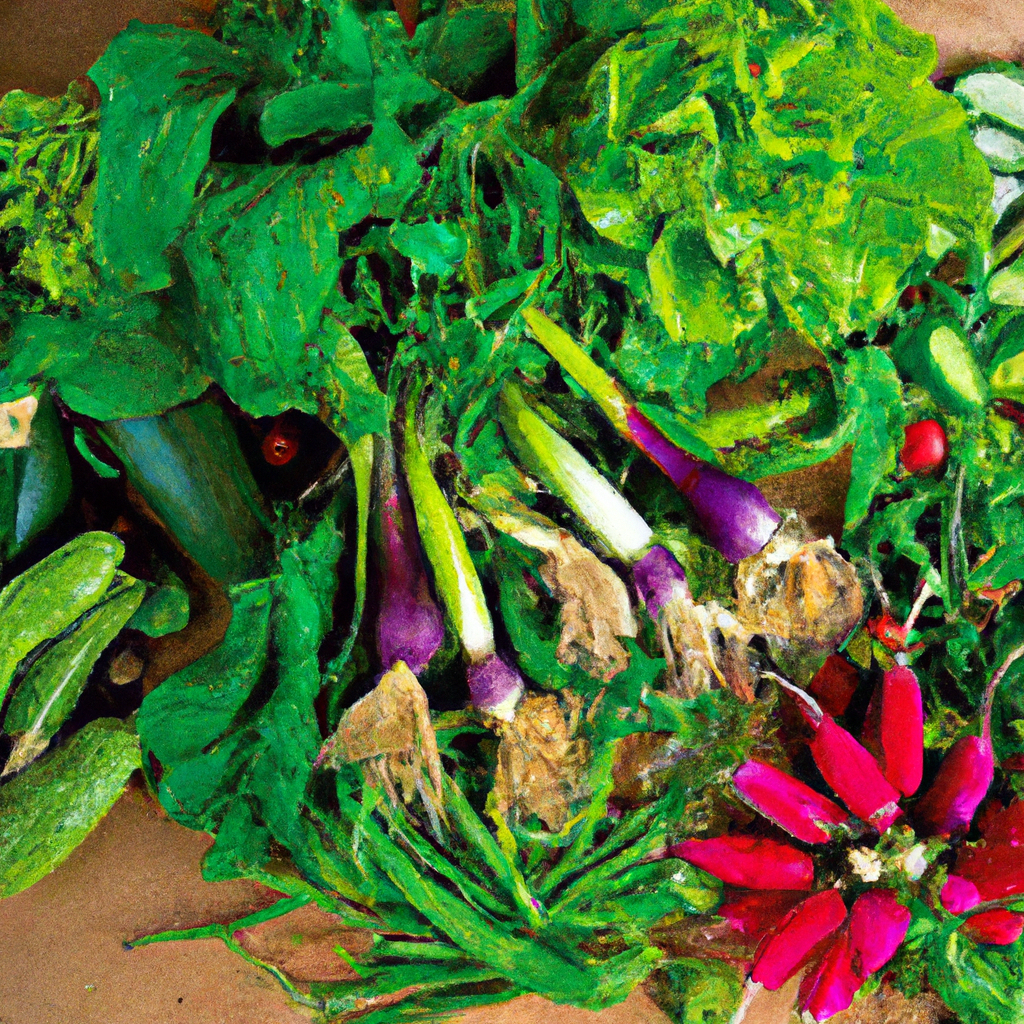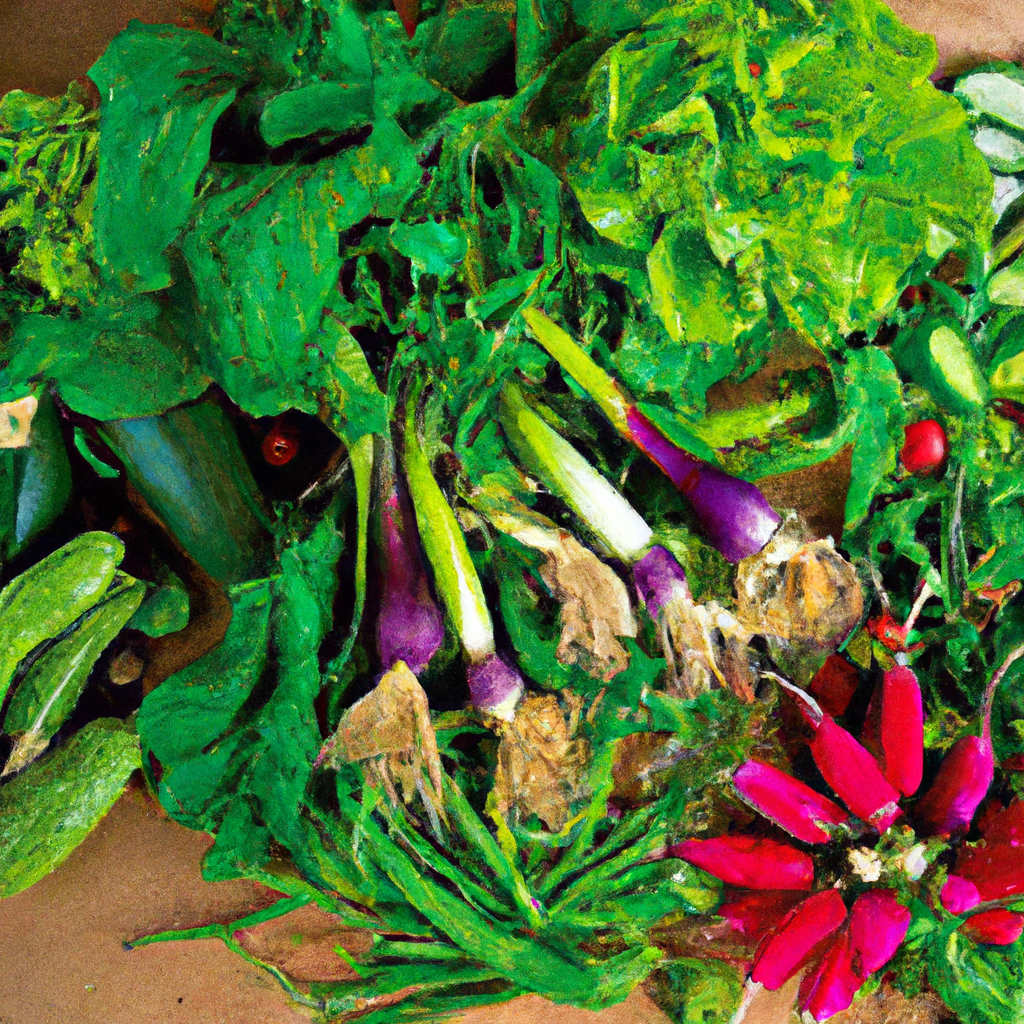Have you ever considered growing your own food? It may just be the key to unlocking a multitude of surprising health benefits. From providing a source of fresh, nutritious produce to reducing stress levels and promoting physical activity, cultivating your own garden offers a world of advantages. In this article, we will explore the various ways in which growing your own food can positively impact both your physical and mental well-being. So why wait? Grab your gardening gloves and discover the remarkable benefits that await you in your own backyard.

Physical Health Benefits
Improves nutrition
Growing your own food allows you to have a direct role in what you put on your plate, ensuring a higher nutritional value in your meals. Freshly harvested produce from your garden is packed with vitamins, minerals, and antioxidants that are essential for a healthy diet. When you grow your own food, you have control over the types of fertilizers and pesticides used, or you can even opt for organic methods, further enhancing the nutritional quality of your harvest.
Promotes portion control
Gardening can help you develop a better understanding of portion sizes as you become more in tune with the amount of food you produce. By growing your own food, you are more likely to consume what you need, reducing the chance of overeating or wasting food. This can have a positive impact on weight management and overall health.
Reduces exposure to harmful pesticides
Commercially grown produce often contains traces of harmful pesticides that can have adverse effects on your health. By growing your own food, you have the power to control the use of pesticides or opt for organic methods, reducing your exposure to these potentially harmful chemicals. This ensures that you and your family are consuming food that is free from harmful residues.
Increases consumption of fruits and vegetables
Growing your own food encourages you to consume more fruits and vegetables, as they are readily available and often abundant in your garden. This increase in consumption provides your body with a greater variety of nutrients and supports overall health. It also helps to instill healthy eating habits, especially in children, who are more likely to try new foods when they have a hand in growing them.
Mental Health Benefits
Reduces stress and anxiety
Gardening has been shown to have a calming effect on the mind and can act as a form of therapy. The act of nurturing and tending to plants can reduce stress levels and promote relaxation. Spending time in nature has also been linked to lower levels of anxiety, making gardening a perfect activity to soothe the mind and find serenity.
Boosts mood and happiness
Engaging in gardening activities releases endorphins and dopamine, often referred to as “feel-good” chemicals which positively impact mood and happiness. The satisfaction of seeing your plants thrive and the joy of harvesting your own food can bring a sense of accomplishment that boosts overall well-being. Gardening can also provide a respite from the demands of daily life, allowing you to unwind and find solace in the natural world.
Provides a sense of accomplishment
Watching your seeds grow into flourishing plants is incredibly rewarding. Gardening provides a tangible sense of accomplishment as you witness the fruits of your labor right before your eyes. The feeling of nurturing a seed to maturity and being able to harvest and enjoy the end result creates a sense of pride and fulfillment. This feeling of accomplishment can boost self-esteem and contribute to a positive mindset.
Promotes mindfulness and relaxation
Engaging in gardening requires focused attention and the ability to be present in the moment. This promotes mindfulness, a practice that can help reduce anxiety and increase overall well-being. The rhythmic and repetitive nature of gardening tasks, such as weeding or watering, can have a meditative quality, allowing you to unwind and become more grounded. Gardening allows you to disconnect from everyday stressors and connect with the present moment.
Social Health Benefits
Encourages social connections
Gardening can be a social activity, providing opportunities to connect with others who share a passion for growing food. Joining a community garden or participating in gardening clubs and workshops can introduce you to like-minded individuals and foster new friendships. The shared interest in gardening can serve as a platform for engaging conversations and exchanging tips and advice. Building social connections through gardening can contribute to a sense of belonging and well-being.
Strengthens bonds within the family
Gardening is a wholesome activity that can be enjoyed by the whole family. Working together in the garden allows for quality time spent with loved ones, creating memories and fostering stronger relationships. Children who participate in gardening activities with their parents or siblings can develop valuable skills and gain a deeper understanding of nature and where their food comes from. Gardening as a family promotes teamwork, communication, and shared responsibilities.
Fosters community engagement
Community gardens are becoming increasingly popular, offering shared spaces for individuals to grow their own food. Engaging in community gardening allows you to connect with your neighbors, sharing knowledge, resources, and the bounties of your harvest. These communal spaces often host events and gatherings, further strengthening the sense of community and promoting social engagement. Community gardens can be hubs for learning, collaboration, and the exchange of ideas, contributing to the overall well-being of the community.
Promotes sharing and collaboration
Growing your own food often means having an abundance of produce that you may not be able to consume all on your own. This presents a wonderful opportunity to share the fruits of your labor with others, whether it be friends, neighbors, or local organizations. Sharing your harvest fosters a spirit of generosity and community, and can also lead to the exchange of different varieties of produce, promoting diversity in your diet. Collaborating with others in gardening projects can also expand your knowledge and skills, as well as create a sense of unity and cooperation.
Physical Activity Benefits
Increases physical activity
Gardening is a physical activity that engages various muscle groups and promotes movement. Tasks such as digging, planting, watering, and weeding require bending, stretching, and lifting, providing an opportunity for cardiovascular exercise and strength training. Regular gardening activities can help increase flexibility, improve stamina, and enhance overall physical fitness.
Promotes a healthier lifestyle
Engaging in gardening activities encourages a more active lifestyle, as it requires regular physical exertion. By incorporating gardening into your routine, you are incorporating movement and exercise into your daily life, which supports a healthier lifestyle. The physical demands of gardening can have a positive impact on weight management and contribute to the prevention of chronic diseases, such as heart disease and diabetes.
Burns calories and aids in weight management
Gardening is a calorie-burning activity that can support weight management and help shed unwanted pounds. The physical exertion involved in gardening tasks, combined with the fresh air and sunshine, promotes calorie expenditure and overall fitness. Spending just 30 minutes a day in the garden can burn up to 150 calories, making it an effective and enjoyable way to maintain a healthy weight.
Improves cardiovascular health
The physical demands of gardening, such as digging and watering, get your heart rate up and improve cardiovascular health. Regular gardening activities can help lower blood pressure, reduce the risk of heart disease, and enhance overall cardiovascular fitness. Engaging in gardening as a regular form of exercise can contribute to a healthier heart and improve overall well-being.
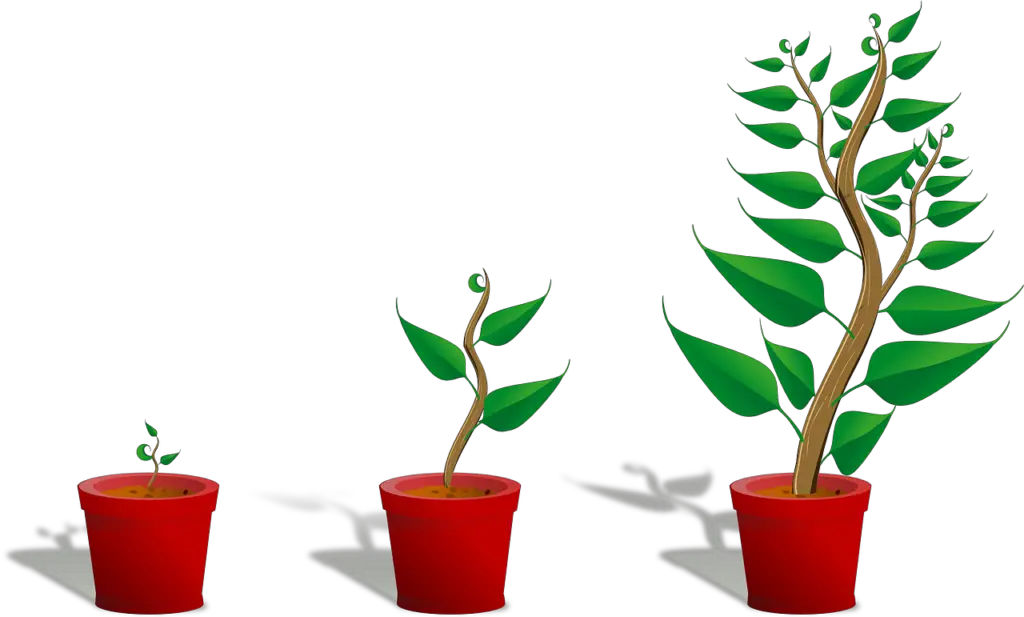
Improved Food Safety
Reduces risk of foodborne illnesses
When you grow your own food, you have control over the entire process, from seed to table. This reduces the risk of contamination and foodborne illnesses that can occur through the industrial food production chain. By eliminating the need for long-distance transportation and processing, you can ensure that your food is fresh and safe to consume.
Controls the use of fertilizers and additives
Commercially grown produce often relies on synthetic fertilizers and additives, which can have negative effects on both health and the environment. When you grow your own food, you have control over the types of fertilizers and additives used. You can opt for organic methods or natural fertilizers, ensuring that your food is free from harmful substances and promoting overall food safety.
Ensures freshness and quality of produce
When you harvest produce from your own garden, you can enjoy it at the peak of freshness and flavor. Commercially produced fruits and vegetables may spend days or even weeks in transit before reaching your local grocery store, losing nutritional value and flavor along the way. By growing your own food, you can savor the taste of fresh and high-quality produce that is not compromised by lengthy transportation or storage.
Eliminates concerns of food recalls
Food recalls are a common occurrence, often due to contamination or other safety concerns. When you grow your own food, you eliminate the worry of purchasing products that may be subject to recalls. By taking charge of your own food production, you can enjoy peace of mind knowing that the food you consume is safe and free from potential hazards.
Educational Benefits
Teaches children about natural processes
Gardening provides an excellent opportunity to teach children about the natural world and the processes involved in plant growth. Involving children in gardening activities allows them to witness firsthand the magic of planting a seed and watching it sprout into a full-grown plant. This hands-on experience fosters curiosity and encourages a deeper understanding of nature and the importance of sustainable practices.
Encourages learning about different plant species
Growing your own food exposes you to a diverse range of plant species that may not be commonly found in supermarkets. This provides an opportunity to learn about different varieties of fruits, vegetables, and herbs, expanding your knowledge of plant species and their unique characteristics. Exploring the world of gardening can be a lifelong learning journey, with endless discoveries and opportunities for education.
Offers hands-on experience in gardening
Gardening allows for hands-on learning experiences and the development of practical skills. From preparing the soil and planting seeds, to nurturing plants and harvesting produce, each step provides a valuable learning opportunity. Engaging in these activities not only cultivates gardening knowledge but also teaches patience, problem-solving, and responsibility. Gardening can be a rewarding and enriching experience that enhances practical skills and promotes lifelong learning.
Promotes environmental awareness
Growing your own food fosters a deeper appreciation for the environment and the interconnections between humans and nature. Through gardening, you become more attuned to the seasonal cycles, weather patterns, and the impact of human activities on the environment. This increased awareness can inspire you to adopt sustainable practices, such as composting, water conservation, and minimization of waste, leading to a more environmentally friendly lifestyle.
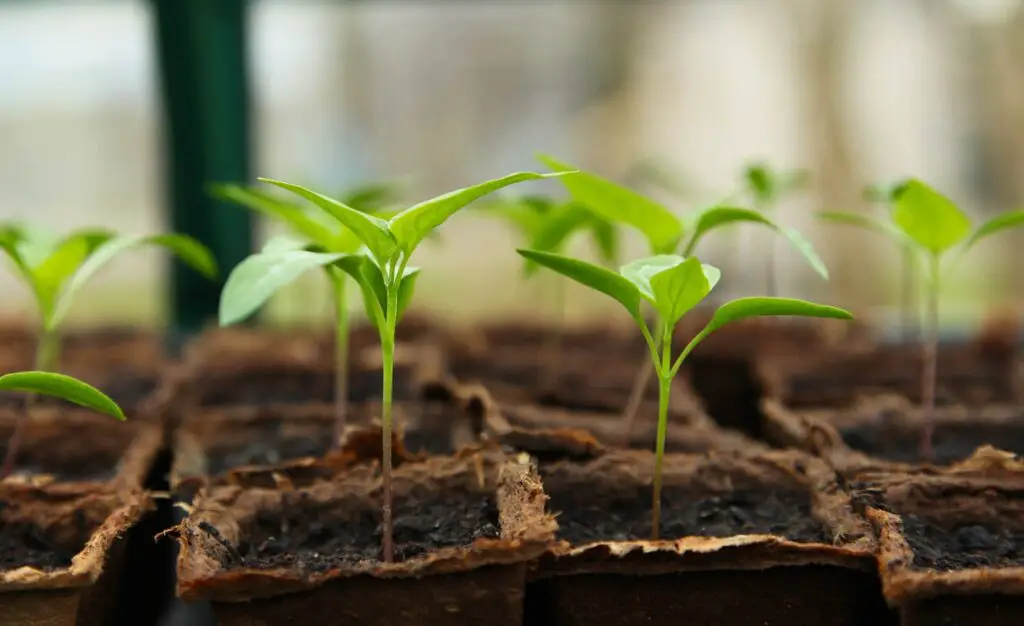
Economic Benefits
Saves money on grocery bills
Growing your own food can significantly reduce your grocery bills, as you no longer have to rely solely on store-bought produce. The cost of seeds and gardening supplies is often much lower than purchasing the equivalent amount of fresh food. With careful planning and cultivation, you can enjoy a bountiful harvest that will contribute to significant savings in the long run.
Reduces reliance on store-bought produce
By growing your own food, you become less reliant on the availability and affordability of store-bought produce. You have the freedom to grow a variety of crops based on your preferences and needs, regardless of their availability in local markets. This reduces the pressure on the global food system and allows for greater self-sufficiency.
Creates potential income through selling excess produce
If your garden yields more produce than you can consume, you have the opportunity to sell your excess harvest, creating a potential source of income. Selling locally grown, organic, and pesticide-free produce can be a profitable venture, especially if you have a surplus of popular or hard-to-find crops. This additional income can offset gardening expenses and further contribute to your financial well-being.
Reduces transportation costs for food
Transporting food from farm to store involves considerable energy consumption and expense. By growing your own food, you eliminate the need for long-distance transportation, reducing your carbon footprint and saving on transportation costs. This not only benefits your wallet but also contributes to a more sustainable food system by minimizing the use of fossil fuels and reducing greenhouse gas emissions.
Environmental Benefits
Reduces carbon footprint
Growing your own food has a positive impact on the environment by reducing your carbon footprint. When you rely on store-bought produce, energy-intensive processes such as transportation, refrigeration, and packaging are involved. By growing your own food, you reduce the distance traveled from farm to plate, decreasing the associated carbon emissions. Additionally, producing your own food allows you to eliminate the use of potentially harmful chemicals and contribute to a more sustainable and environmentally friendly way of living.
Preserves biodiversity
Commercial agriculture often focuses on a limited range of genetically modified crops, leading to a loss of biodiversity. By growing your own food, you have the opportunity to cultivate a diverse array of plant species, including heirloom varieties and indigenous plants. This promotes biodiversity in your garden, supporting local ecosystems and preserving plant diversity for future generations.
Promotes sustainable agriculture practices
Growing your own food allows you to adopt sustainable agriculture practices that prioritize the health of the environment. You are in control of the fertilizers, pesticides, and watering methods used, giving you the opportunity to choose organic and environmentally friendly options. Implementing sustainable practices such as composting, crop rotation, and water conservation contribute to the preservation of natural resources and the longevity of the Earth’s ecosystems.
Conserves water and reduces soil erosion
When you grow your own food, you can implement water-saving techniques such as drip irrigation or rainwater harvesting. These methods help to conserve water, a precious resource that is often wasted in commercial agriculture. By reducing water consumption, you contribute to the preservation of water sources and minimize soil erosion, creating a more sustainable and resilient gardening ecosystem.
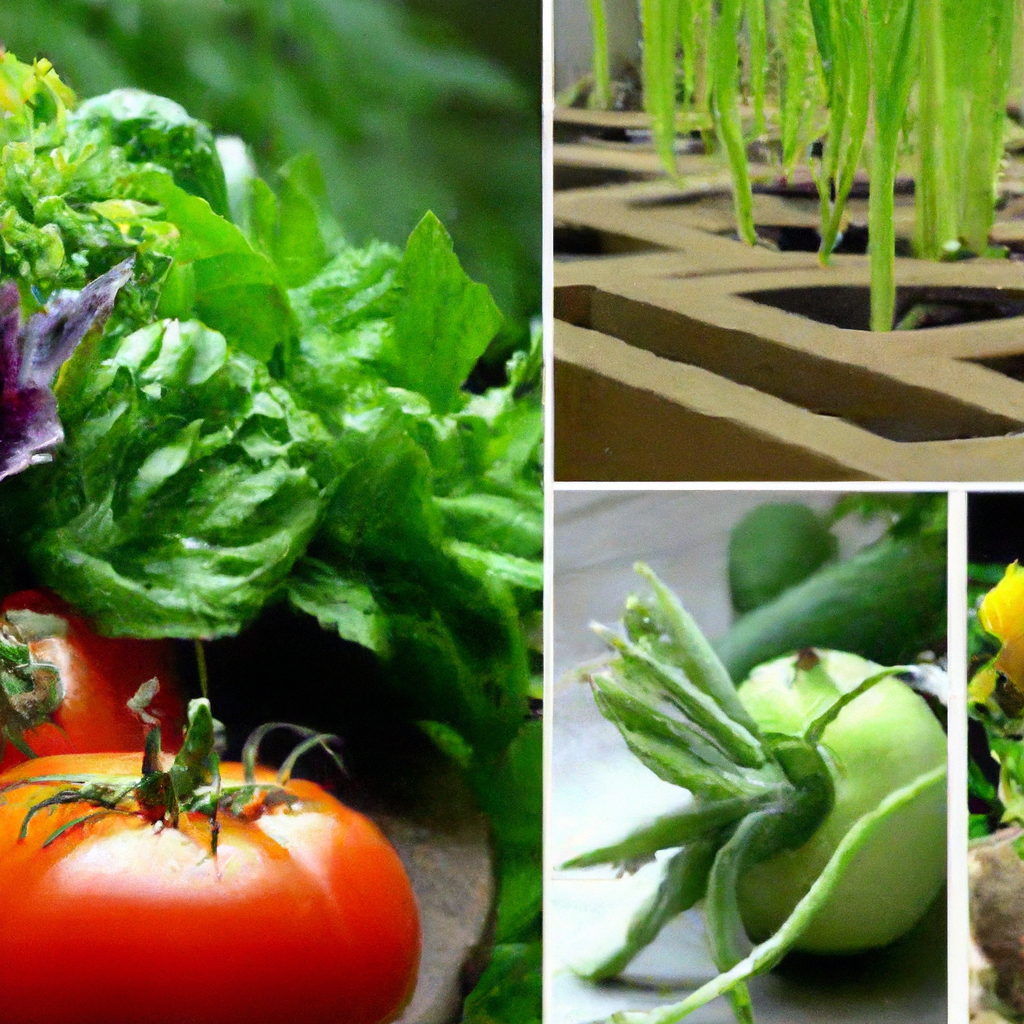
Improved Taste and Quality
Enhances flavor and freshness of produce
There is something undeniably satisfying about the taste of freshly harvested and homegrown food. The flavors of homegrown produce are often more vibrant and intense compared to store-bought alternatives. When you grow your own food, you have the luxury of harvesting at the peak of ripeness, ensuring that the produce is bursting with flavor and retaining maximum nutritional value. The experience of savoring a tomato straight from the vine or enjoying a salad with freshly picked greens is unparalleled and adds a delightful touch to your meals.
Allows for organic and pesticide-free cultivation
Growing your own food gives you complete control over the cultivation process and enables you to prioritize organic and pesticide-free practices. By eliminating the use of synthetic fertilizers and harmful chemicals, you can enjoy the peace of mind that comes with consuming food that is free from residues and potentially harmful substances. Organic and pesticide-free cultivation not only benefits your health but also supports the health of the environment.
Provides access to heirloom and unique plant varieties
When you grow your own food, you have the freedom to explore a vast array of plant species, including heirloom and unique varieties. These varieties are often not readily available in supermarkets, offering you a chance to savor the flavors of old-fashioned or rare fruits and vegetables. Discovering and growing these unique plant varieties can add excitement and intrigue to your gardening experience.
Promotes diverse and nutritious food choices
Growing your own food allows you to experiment with a wide range of crops, expanding your culinary horizons and promoting diverse and nutritious food choices. You can grow crops that are tailored to your taste preferences, cultural heritage, or specific dietary needs. This diversity in food choices ensures access to a wide range of nutrients, vitamins, and minerals, contributing to a nutrient-rich diet and overall well-being.
Connection with Nature
Enhances appreciation for the natural world
Gardening is a gateway to the natural world, allowing you to develop a deep appreciation for the beauty and intricacies of nature. As you immerse yourself in the garden, observing the growth and life cycles of your plants, you become more attuned to the subtle rhythms and wonders of the natural environment. This heightened appreciation for nature can extend beyond the garden, fostering a greater awareness and concern for the well-being of the Earth.
Strengthens the bond with the Earth
Engaging in gardening activities creates a profound connection with the Earth and the cycles of life. The act of nurturing plants, working with the soil, and witnessing the growth of your food strengthens your bond with the natural world. Gardening offers a sense of connectedness and reminds us of our place in the greater web of life, cultivating a deep reverence for the Earth and our responsibility as stewards of the planet.
Offers a sense of belonging and rootedness
The act of tending to a garden can instill a sense of belonging and rootedness in one’s environment. Whether you have a small garden plot or a few potted plants on a balcony, the act of nurturing and caring for plants creates a sense of place and belonging. Gardening allows you to establish a connection with the land and the rhythms of the seasons, grounding you in the present moment and fostering a sense of rootedness.
Promotes sustainable living practices
The practice of growing your own food aligns with the principles of sustainability and promotes a more conscious and eco-friendly lifestyle. By taking control of your own food production, you reduce your reliance on industrial agriculture and the associated ecological footprint. Gardening encourages the use of organic practices, composting, and the reduction of waste, all of which contribute to a more sustainable way of living. By embodying sustainable living practices, you become an agent of positive change and promote a healthier planet for future generations.
In conclusion, the benefits of growing your own food extend far beyond a bountiful harvest. From the physical health benefits of improved nutrition and increased physical activity to the mental health benefits of stress reduction and a sense of accomplishment, gardening offers a holistic approach to well-being. The social, environmental, economic, and educational benefits further enhance the significance of this rewarding activity. By connecting with nature, embracing sustainability, and promoting healthier lifestyles, gardening becomes a transformative journey that nourishes not only your body but also your mind, soul, and the world around you. So grab your gardening tools, dig your hands in the soil, and embark on a journey of self-discovery and growth as you cultivate your own food. Your well-being and the planet will both reap the rewards.
